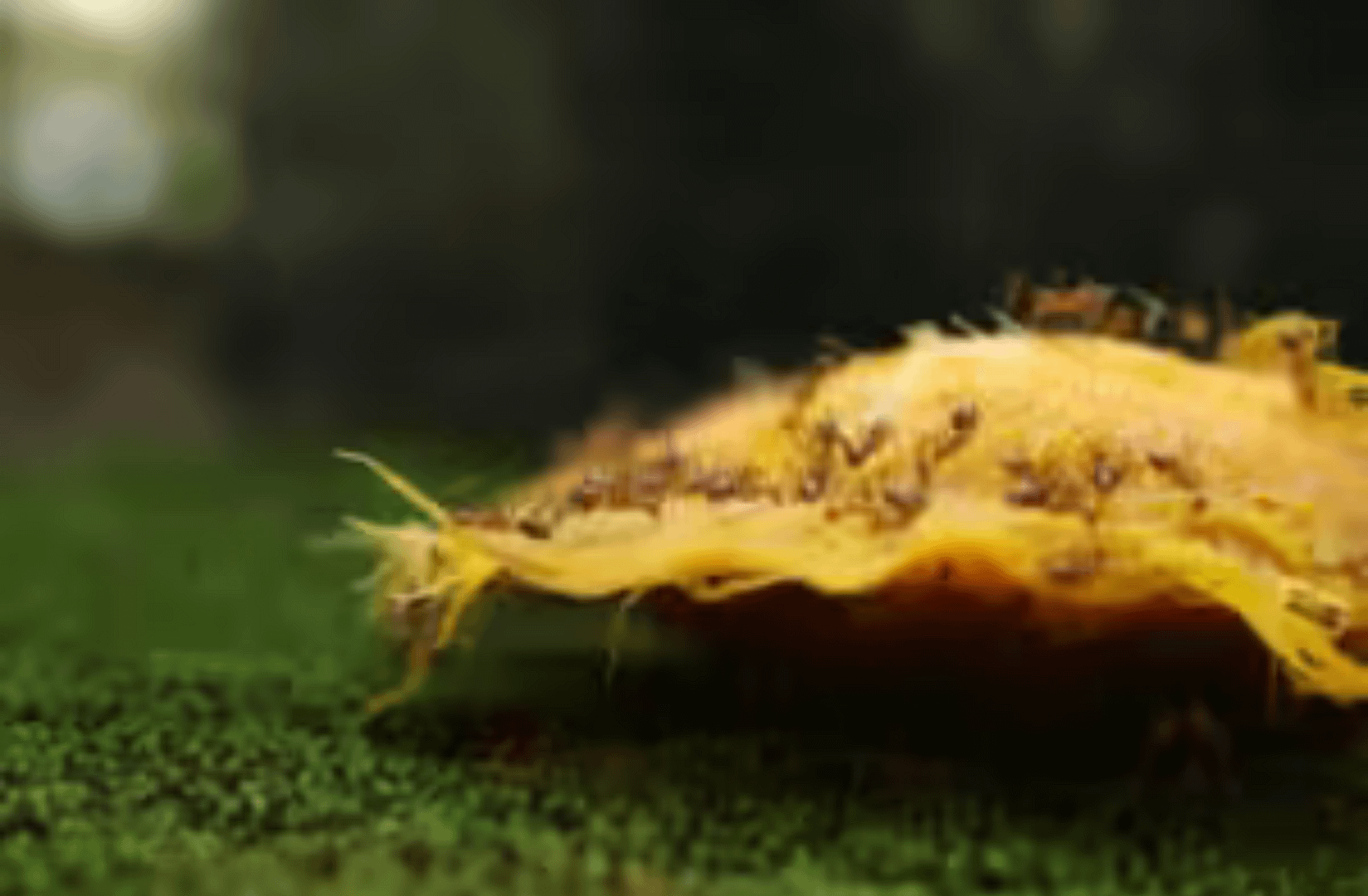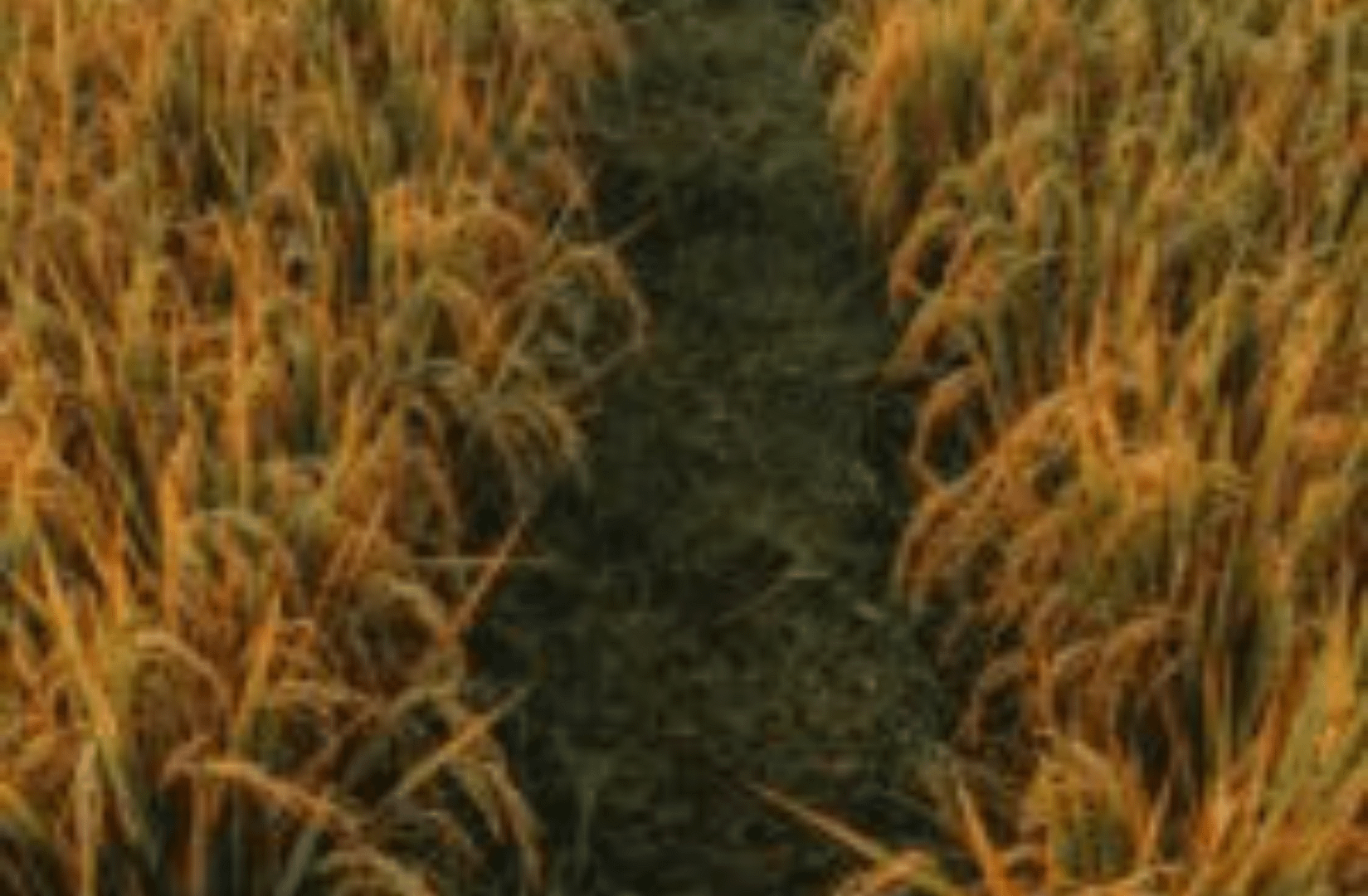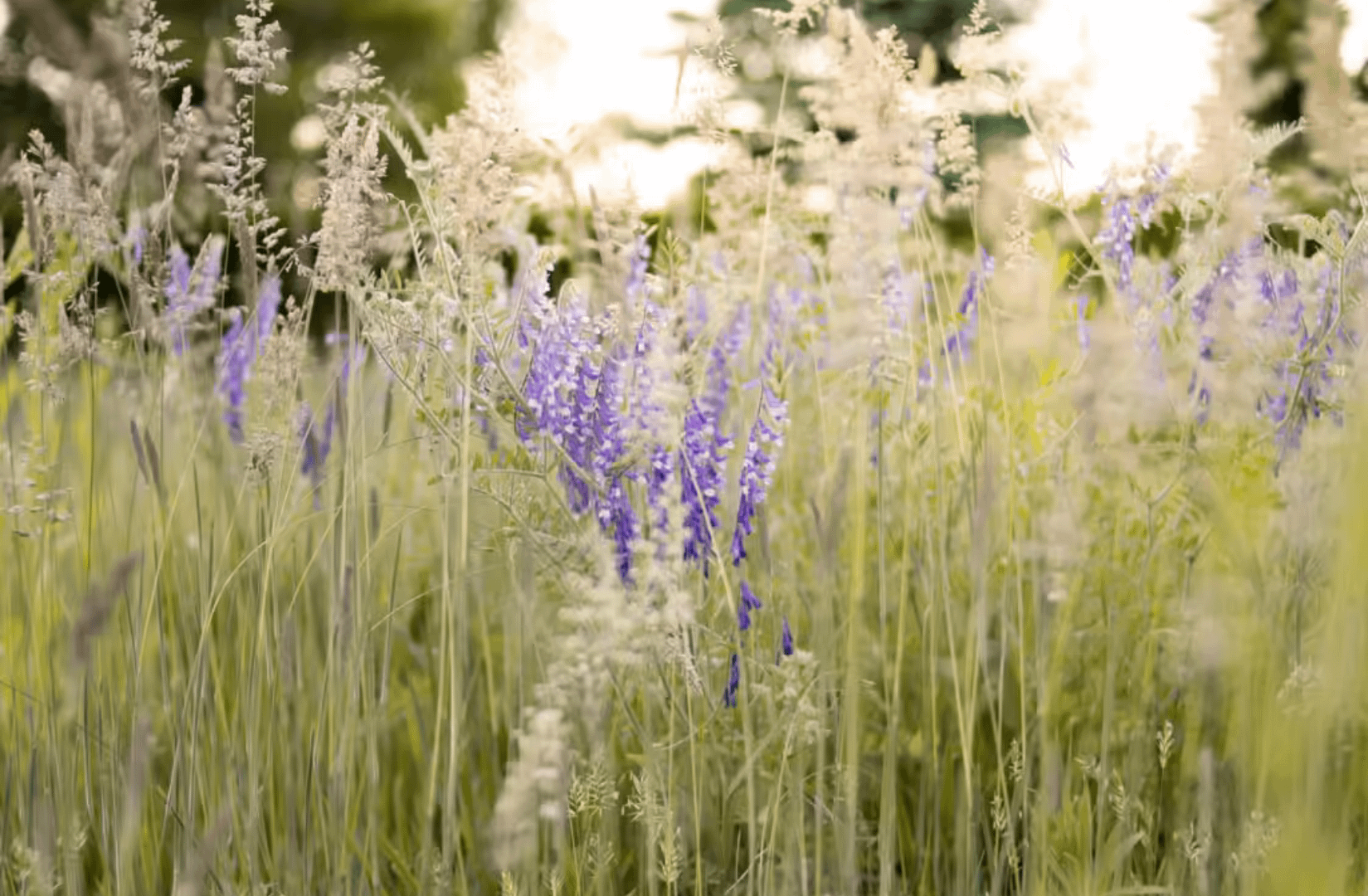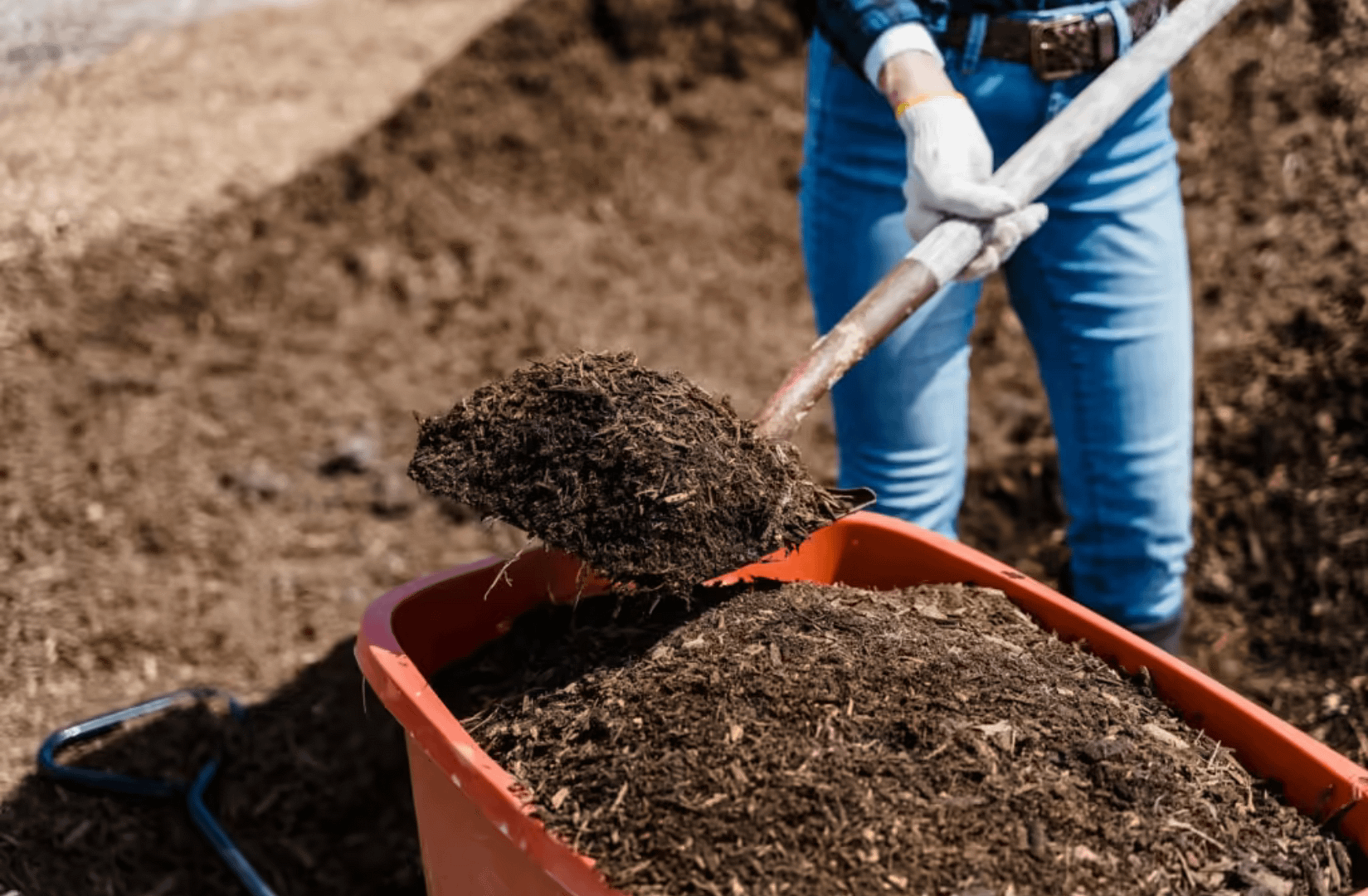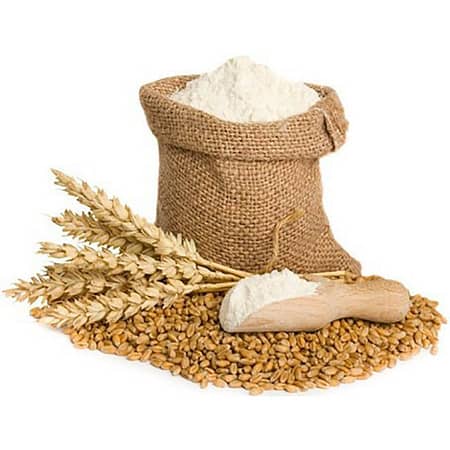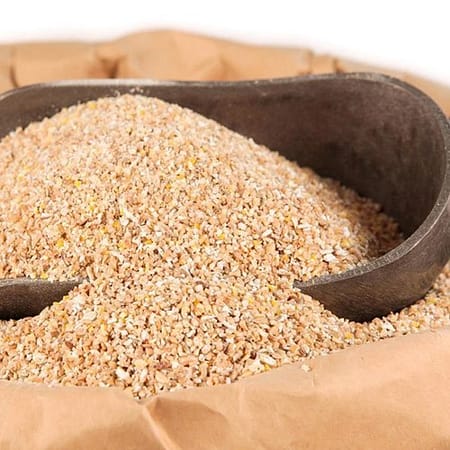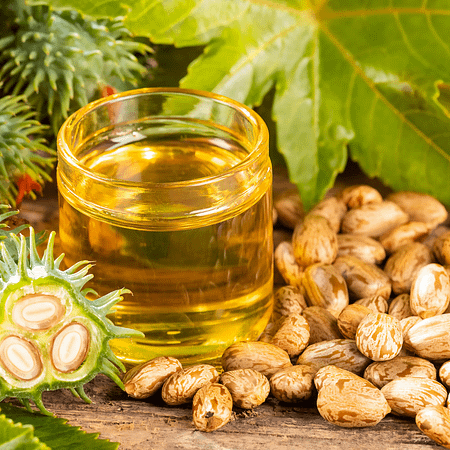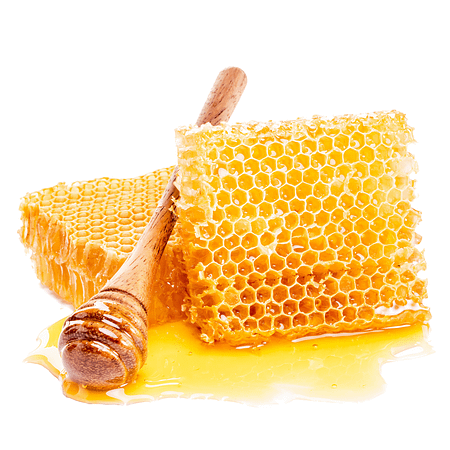Pest Management
What is organic pest management?
Organic pest management involves employing natural methods to mitigate pest issues without resorting to synthetic chemicals. While insects are inherent to any farm environment, some play a beneficial role by preying on harmful pests and aiding in pollination. However, certain insects can become detrimental, causing damage to fruits and vegetables, thereby affecting their marketability or even leading to crop loss. Unlike conventional farming practices, which rely on the application of toxic pesticides, organic farmers adopt alternative approaches to minimize and regulate pest populations.

Methods for pest management
The initial approach lies in prevention. Cultivating healthy soil fosters robust plants capable of withstanding pest challenges. Farmers can promote populations of natural predators and beneficial insects such as ladybugs. Additional tactics involve crop rotation and the cultivation of pest-resistant crop varieties. As pest issues escalate, organic farmers may resort to techniques like disrupting pest mating cycles using pheromones or employing mechanical controls like trapping. Should all other methods prove ineffective and the farmer confronts the risk of substantial losses, targeted application of organic pesticides might be considered. However, indiscriminate use of broad-spectrum pesticides is always considered a final recourse.

Whys does it matter?
Chemical pesticides contribute to the pollution of our air and water, indiscriminately harming beneficial insects and disrupting biodiversity across the farm’s ecosystems. In contrast, organic pest management embodies a comprehensive philosophy. Organic farmers employ various strategies, as outlined earlier, to minimize reliance on chemical pesticides and foster a farm ecosystem that operates in symbiosis with nature. This approach leads to decreased expenses, enhanced plant resilience, thriving wildlife populations, and an environment that is healthier for all.

